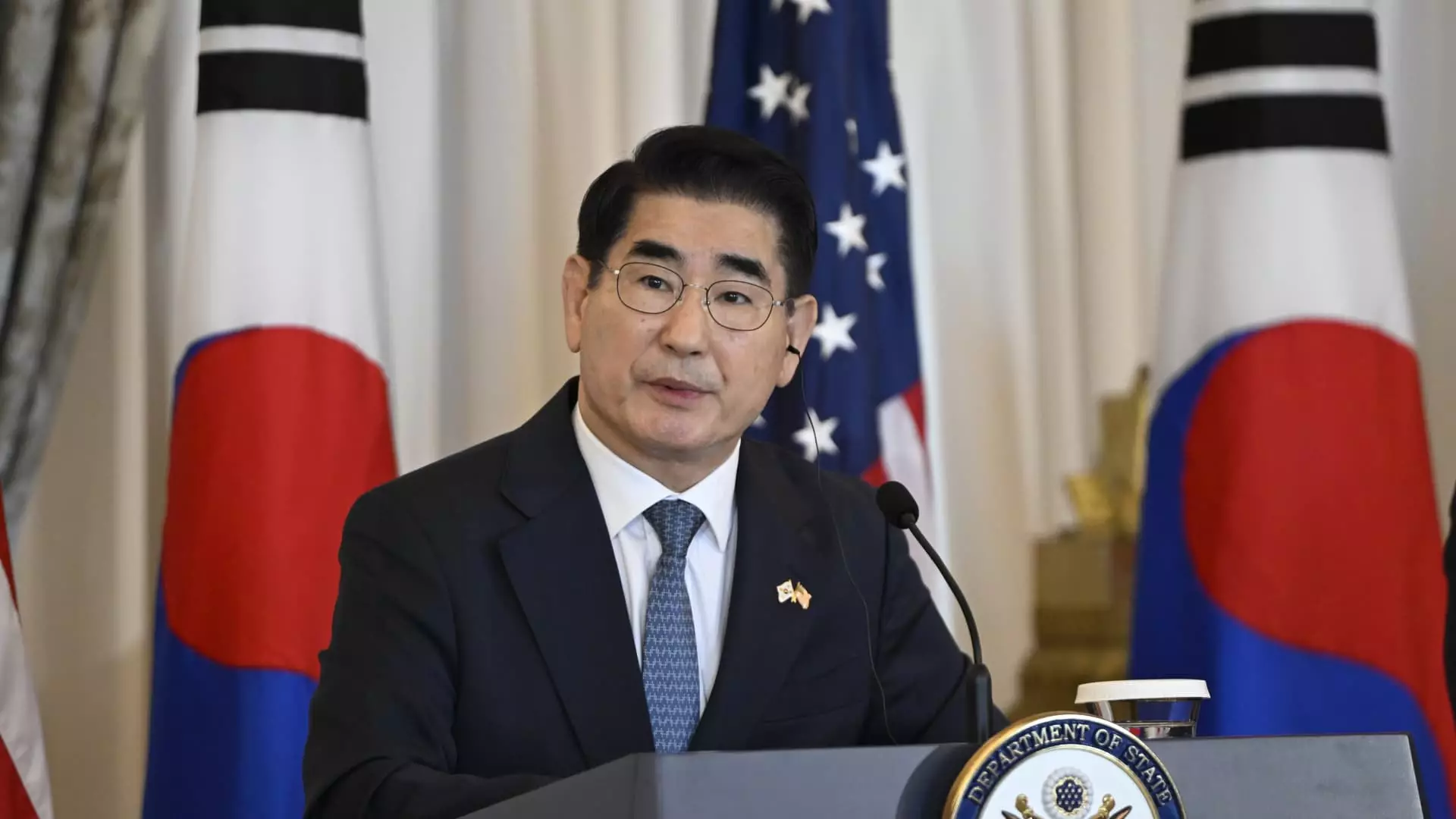The recent political developments in South Korea have stirred a mixture of controversy and speculation, centered around the resignation of Defense Minister Kim Yong-hyun. President Yoon Suk Yeol’s decision to accept this resignation and nominate Choi Byung-hyuk as the new defense minister reflects deeper issues within the government amidst growing political unrest.
The resignation comes on the heels of a significant incident that has rocked Yoon’s presidency. Kim Yong-hyun reportedly suggested the imposition of martial law, a move that became incredibly contentious as it was swiftly reversed following parliamentary intervention. This recommendation not only raised eyebrows but ignited fierce debate about the executive’s commitment to democratic principles. The swift withdrawal of the martial law declaration only a day after its suggestion highlights the precarious nature of Yoon’s administration, which grapples with internal dissent and pressure from the opposition.
Choi Byung-hyuk, previously the ambassador to Saudi Arabia, now takes on the mantle of defense minister under dubious circumstances. Yoon’s chief of staff described Choi as a “person of principle” with a track record of commitment to regulations. Nonetheless, the appointment raises questions about the administration’s priorities and the kind of leadership needed to navigate these turbulent political waters. The decision to select someone from the ranks of ambassadors, rather than someone with direct experience in the defense sector, suggests an unusual strategy that could either bridge diplomatic relations or exacerbate tensions due to potential inexperience in handling military affairs.
The political climate remains fraught as parliament has moved to introduce impeachment motions against Yoon, accusing him of overstepping his executive authority. The Democratic Party’s claim that Yoon’s actions amount to treason underlines the severity of the situation, reflecting a broader sentiment within the political opposition that sees the martial law attempt as an affront to democratic values. Such accusations could incite widespread protests and deepen the polarization that has characterized South Korean politics in recent years.
Furthermore, Yoon’s party’s vow to contest the impeachment motion adds a layer of complexity to the political landscape. It suggests a clash that could either result in a strengthening of Yoon’s governance or further destabilize his administration. This resistance from his party may hinder constructive dialogue necessary for national unity.
The resignation of Kim Yong-hyun and the subsequent nomination of Choi Byung-hyuk are critical junctures for President Yoon Suk Yeol’s administration. While the nomination indicates a resolve to stabilize the defense ministry amid controversies, it propels the political discourse into a more contentious sphere, potentially affecting governance and public support. The unfolding events will serve as a litmus test for Yoon’s leadership capabilities and his ability to maintain stability in South Korea’s increasingly fractious political environment. How this administration navigates the ongoing criticism and opposition pressures will likely determine its longevity and effectiveness in dealing with both domestic and international challenges.


Leave a Reply